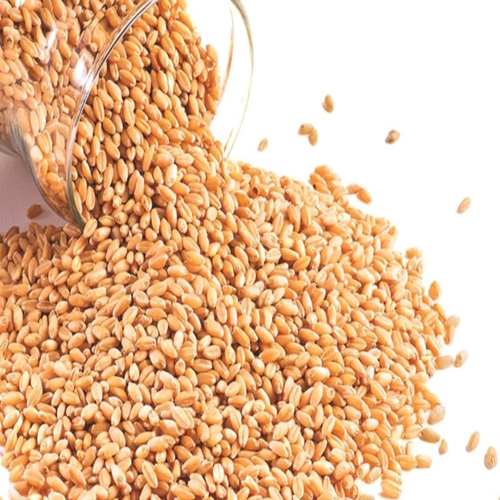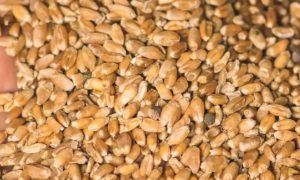Centre relaxes wheat procurement norms in Rajasthan, Madhya Pradesh to avoid distress sale by farmers

To prevent distress sales, the Centre relaxes wheat procurement norms in Rajasthan and Madhya Pradesh, allowing damaged grain. Uttar Pradesh, Madhya Pradesh, Bihar, and Rajasthan targeted for enhanced procurement. Expected wheat procurement for the season is 310 LMT, up 18.3%. Allocation shifts from wheat to rice due to reduced harvest in 2022. No plan to reconsider export restrictions despite weather conditions.
In a bid to avert distress sale by farmers, the Centre has relaxed wheat procurement norms in Rajasthan and Madhya Pradesh, allowing up to 6% damaged amd slightly damaged grain for central pool procurement from both the states. While the procurement limit of shriveled and broken grain has been raised from the current 6% to 15% in Madhya Pradesh and 20% in Rajasthan, the limit of wheat losing lustre allowed without any cut in value has been raised to 50% in Madhya Pradesh and 70% in Rajasthan.
Aiming to keep sufficient stocks with itself to influence prices, the government is already implementing an action plan to enhance wheat procurement in Uttar Pradesh, Madhya Pradesh, Bihar and Rajasthan; where 59 key districts have been identified to monitor procurement.
Last week, Food Secretary Sanjeev Chopra had told CNBCTV18 that India expects to procure 310 LMT wheat in the current Rabi Marketing Season (RMS), 18.3% more than the 262 LMT wheat procured in the last season. The government is also likely to revisit the wheat-rice ratio under the PMGKAY (Pradhan Mantri Garib Kalyan Anna Yojana).
Due to a reduction in wheat harvest in 2022, wheat allocation was reduced from 18.2 million tonnes to 7.1 million tonnes and subsequently the rice allocation was increased from 21.6 million tonnes to 32.7 million tonnes. While the Secretary had stated that the wheat crop had not faced any damage due to the recent heatwaves and spells of rainfall, he had made it clear that there was no plan to reconsider the restrictions imposed on exports of wheat and rice.














